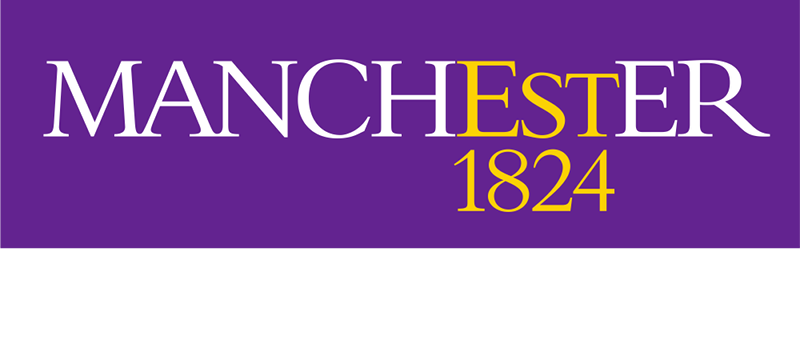Want to know more?
Under the 'More' menu you can find metadata about the item, any transcription and translation we have of the text and find out about downloading or sharing this image.
No
Contents List Available
No Metadata Available
Share
If you want to share this page with others you can send them a
link to this individual page:
Alternatively please share this page on
social media


